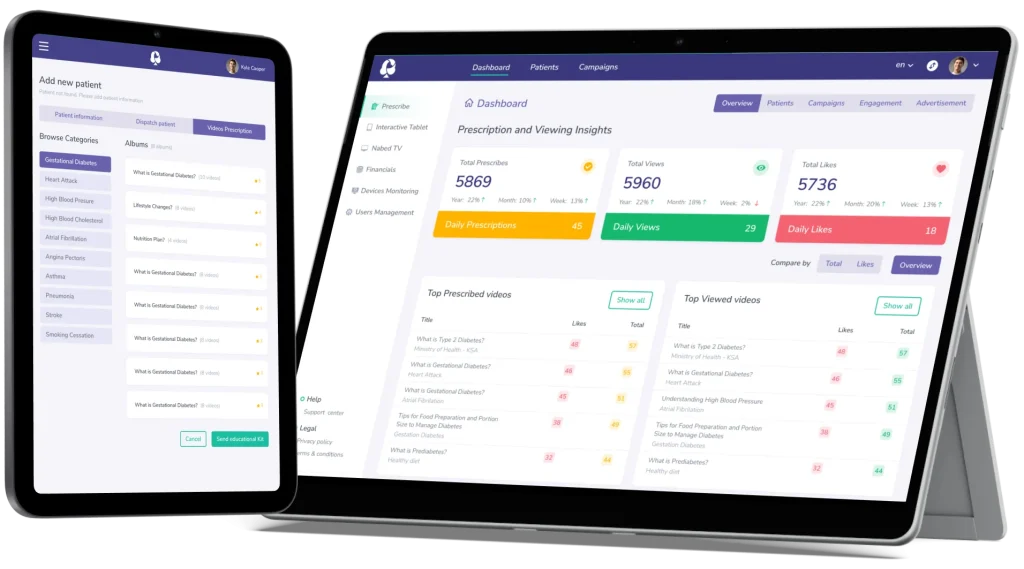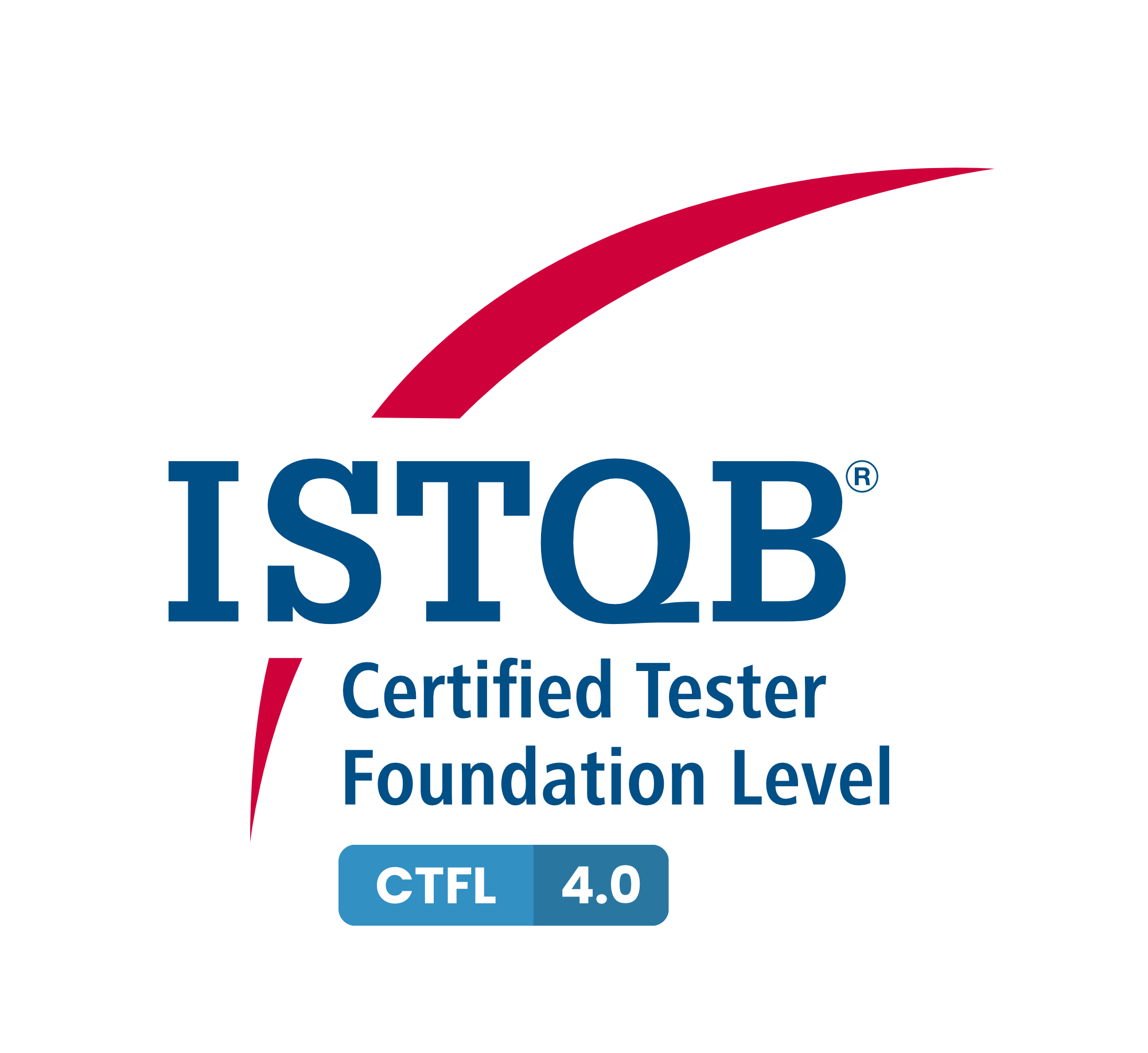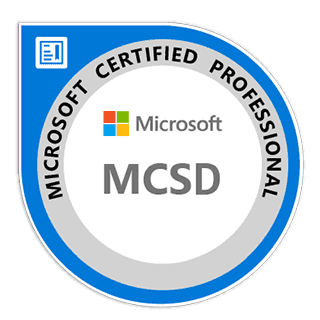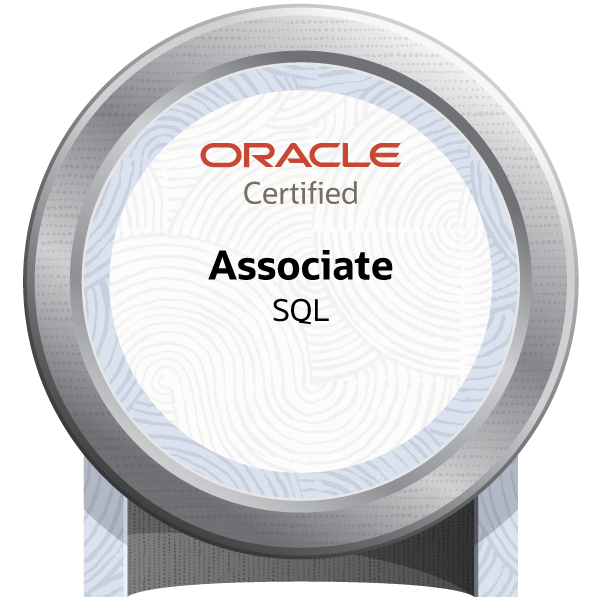Providing expert guidance on database technology selection, architecture, and best practices to align with your long-term business goals. Let us assess your current tech stack and determine whether you need a migration, new architecture, or an entirely new system to meet your business goals.

You can’t scale on a slow, fragile data core — and you know it.
You need the confidence that your data won’t fail you when it matters most.
Most teams build their product’s data layer as an afterthought — something functional “for now.” But “for now” becomes “forever” faster than you think. Then comes the pain: unpredictable data behaviors, slow queries, growing technical debt, duplicated data logic, and engineers firefighting instead of building.
Your product deserves more than a patched-together data infrastructure. It deserves a system that grows with it. According to McKinsey, companies that underinvest in data governance and database infrastructure not only miss critical opportunities to scale their analytics, they also expose themselves to real, costly regulatory risks.
At Devox Software, a custom database development company, we help you rethink your database not as a storage space, but as the brain of your product. We architect and develop structured, scalable, clean data systems that reduce chaos, empower decision-making, and eliminate unnecessary load from your tech team.
Let’s turn your data into your strongest asset.
Database Development Services We Provide
Let us handle the nuances of Database Development services for you, seamlessly.
-
Database Consulting
-
Operational Databases
Operational databases store and manage your ongoing operations. It includes data such as client profiles, storage units, personal information, and any other concrete data your business operates with. It collects, preserves, and delivers data in real-time, tracking access information as well.
-
Analytical Databases
An analytical database helps make strategic decisions based on your need for possession here during a certain period. Its algorithms help structure operational information in a way that aggregates and categorizes it into clear, category-related reports across various dimensions, such as client age, location, preferences, budget, and so on.
-
Data Warehouse Software Solutions
We will create centralized data repositories for analytical purposes, facilitating complex data analysis and reporting. Our solution encompasses core features, including analytical tools and data enrichment, as well as numerous additional capabilities. We provide an end-to-end analytical process, from data sources and raw data to data marts.
-
Database Optimization
Ensuring your database can handle increasing data loads while optimizing performance to deliver faster results. You will see a reduction in response time thanks to indexing, query optimization, and resource allocation performed by our team.
-
Database Migration
Transferring data from one system to another, whether you’re upgrading, transitioning to a new platform, or simply consolidating data. Our engineers will extract data from the source database, transform it to match the format of the target database, and load it into the destination system while ensuring data integrity and consistency.
-
Database Testing
Extracting valuable patterns, trends, and insights from large datasets using various techniques such as statistical analysis, machine learning, and artificial intelligence. Discover hidden knowledge within your data to make informed decisions, detect anomalies, and predict future outcomes.
-
Data Mining
Extracting valuable patterns, trends, and insights from large datasets using various techniques such as statistical analysis, machine learning, and artificial intelligence. Discover hidden knowledge within your data – all to make informed decisions, detect anomalies, and predict future outcomes.
Why Database Development by Devox?



Don’t miss a thing
Track every single nuance and piece of information with an operational database: grant or restrict access, record transactions and changes, and keep your entire set of operations under control. Get access to perfectly organized real-time and historical data, avoiding redundancy and high maintenance costs.
Make better business decisions
A well-designed analytical database will help you draw better conclusions from your recent business processes, helping you identify your best path forward. The systematized information will empower decision-making, be it in everyday tasks or more complex business challenges.
Automate workflow
Custom database development automates repetitive tasks and workflows, reducing manual effort and eliminating human error. Get your data perfectly systematized and handled by machines, freeing your team from routine tasks so they can focus on higher-value work.


Immersive Property Portal with 360° View for Real Estate Buyers and Brokers
A real estate portal designed to streamline property search, simplify renting and buying decisions with personalized housing recommendations.
Additional Info
- NET Core
- MS SQL
- ELK
- Angular
- React Native
- NgRx
- RxJS
- Docker
- GitLab CI/CD
UAE
Trusted by
Industry Contribution Awards & Certifications
Testimonials
Some Insights Into Database Development
Our F.A.Q.
-
What is the most popular database?
Oracle, MySQL, Microsoft SQL Server, and MongoDB are among the leading databases. Among these software leaders, a number of other free and open-source databases, like PostgreSQL and Apache Cassandra, also remain popular in the market.
-
What are the six phases in the database development life cycle?
The Database Life Cycle includes six stages, and database development companies typically follow this standard structure to ensure consistency: initial study, design, implementation and loading, testing, operation, and finally, maintenance and evolution. These are database initial study, database design, implementation and loading, testing, operation, as well as maintenance and evolution.
-
What are the different levels of database schema?
Database software development companies work with three schema levels — conceptual, physical, and external, ensuring both technical performance and user-oriented design. These are the conceptual level (the database structure as seen by the user), the physical level (the actual storage structure), and the external level (which presents the relevant parts of the database to the users).
-
Is database development the same thing as Data as a Service (DaaS)?
No, database development and Data as a Service (DaaS) are not the same thing, although they are related concepts in the realm of data management and utilization — a distinction that any experienced web database development company understands clearly.
Database development is focused on creating and maintaining the database itself, while DaaS is a higher-level concept that involves providing data to users or applications as a service, often leveraging databases developed and managed separately. DaaS can use databases developed in-house or by third parties, making data more accessible and usable for various purposes. As a database development company, Devox provides the latter service, working with your product’s data.
-
Why should my startup emphasize database development?
Emphasizing database building services is essential for your startup because it enables data-driven decision-making, scalability, operational efficiency, and data security, providing a competitive edge, improving customer insights, and ensuring long-term viability. It forms the foundation for efficient data management, personalization, and compliance, ultimately contributing to your startup’s success and growth.
Want to Achieve Your Goals? Book Your Call Now!
We Fix, Transform, and Skyrocket Your Software.
Tell us where your system needs help — we’ll show you how to move forward with clarity and speed. From architecture to launch — we’re your engineering partner.
Book your free consultation. We’ll help you move faster, and smarter.
Let's Discuss Your Project!
Share the details of your project – like scope or business challenges. Our team will carefully study them and then we’ll figure out the next move together.
Thank You for Contacting Us!
We appreciate you reaching out. Your message has been received, and a member of our team will get back to you within 24 hours.
In the meantime, feel free to follow our social.
Thank You for Subscribing!
Welcome to the Devox Software community! We're excited to have you on board. You'll now receive the latest industry insights, company news, and exclusive updates straight to your inbox.


































































































































